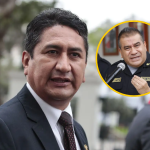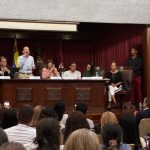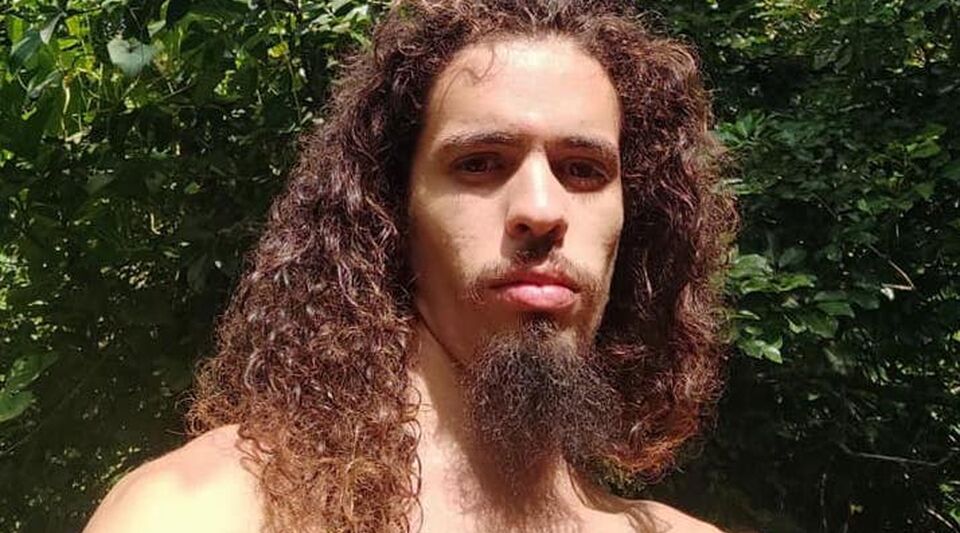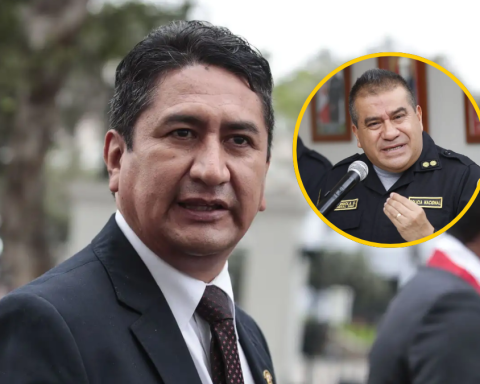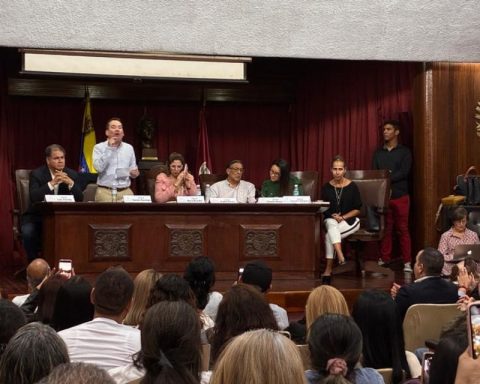John Feeley, former United States ambassador to Panama, described the defection of Arturo McFields in full session of the Permanent Council of the Organization of American States (OAS) on March 23, characterized according to him as a “very formal” political forum and in which the diplomacy of non-interference in the internal affairs of the member countries persists.
Feeley participated this Wednesday, April 30, in a panel organized by the Wilson Center, the prestigious think tank based in Washington, together with former ambassador McFields. Also present at the debate was Cinthya J. Arnson, director of the Latin Program at the Wilson Center.
Later, he was interviewed by journalist Carlos Fernando Chamorro on the program Tonight which is broadcast on Facebook and YouTube due to the censorship of the Ortega regime.
“Nobody saw that Arturo McFields was going to say such a thing and the truth is that he has provoked a very deep reflection here in Washington and in inter-American circles. That was like an atomic bomb. He has changed the focus on the dictatorship in the region. The (then) ambassador spoke so forcefully and especially from his point of view as one of the privileged ones of the regime, that there are many people taking his claims seriously, such as the freedom of political prisoners, “Feeley said. .
On the impact that this may have on the positions of nations of the hemisphere regarding the regime, Feeley insists that McFields’ complaint will provoke an “introspection” about what he calls the “silence” of many countries towards the regime’s outrages.
“Why have countries like Mexico or some Caribbean countries not denounced human rights violations in Nicaragua, when they always speak at the OAS about the need to respect human rights, the need to expand civil rights, etc. So if they are keeping quiet right now, it will reflect their hypocrisy,” he pointed out.
The regime’s position will not change in the short term
However, the diplomat acknowledged that he does not see a change in the regime’s hard stance in the short term, and that it will remain isolated from any international supervision. This alludes to the fact that this Thursday, March 31 in Geneva, Switzerland, the United Nations Human Rights Council will vote on a resolution to establish a mechanism of international and independent experts to carry out investigations and other activities on human rights abuses in Nicaragua.
“The dictatorship is not going to accept an international inspection or supervision. However, hopefully the other member states of the OAS can applaud and welcome the creation of such instruments, so that perhaps in the future, they can be applied. I see it as very difficult at this time of regime intransigence, especially with the resignation of the international lawyer (Paul Reichler) and the resignation of Arturo McFields. The regime must be feeling a bit under siege. So I don’t see in the immediate future that there’s going to be a lot of flexibility,” he replied.
Former Ambassador Feeley mentioned that this policy of international isolation that the regime has aggravated with the recent diplomatic conflicts with Spain and Colombia, added to the expulsion of the apostolic nuncio Waldemar Stanisław Sommertag and Thomas Ess, head of mission of the International Committee of the Red Crosswill result in more governments raising their voices in protest at the civil rights crisis in Nicaragua.
“When Ambassador McFields spoke in Washington, he was very precise about the cruelty of the torturers in Managua. I believe that these stories help governments that have traditionally tolerated the regime to be moving towards activism to denounce this regime. Every barbarity perpetrated against older political prisoners or cases like that of Arturo Cruz, who is suffering from an illness and has not had access to medical care, makes traditionally silent governments denounce the regime. And that is going to continue,” he assured.
“I don’t think Moscow will answer Daniel Ortega in a while”
Feeley is skeptical about the effectiveness of the diplomatic bets the regime is making with countries like China, Russia and Venezuela.
“I think that with (Vladimir) Putin what happens is that Ukraine is much more important to him than what happens in Managua. So all his military, political and diplomatic efforts are concentrated in Ukraine. Daniel Ortega and Rosario Murillo can wait a long time for the phone to be answered in Moscow”, he opined.
“Regarding Venezuela, it is a country that is bankrupt. It lives by gold mining and oil exports to very few countries, due to sanctions. They are going to continue an alliance, perhaps of feeling, but not so much silver. The joker in the deck is obviously China. For many years, Nicaragua was Taiwan’s faithful companion in the debate between China and Taiwan. I don’t want to predict what will happen, but we do know that the Chinese know how to dominate at home, but they do it with a softer hand. Once again I repeat what the complaints of Arturo McFields have shown. That a regime as cruel and heartless as the one in Managua, because neither the Latino nor the Chinese like that, ”he added.
Sandinismo has been perverted by the Ortega Murillo
Feeley insisted that from the perspective of many in the United States who were sympathetic to Sandinismo, there is a clarity that Ortega has perverted what he describes as “the romanticism” that represented the triumph of the Sandinista revolution in 1979.
“There is a total rejection of these same actors, Daniel Ortega and Rosario Murillo, who today are not who they were before. I know people from the right, as well as from the left, who point out that there is a perversion of the ideology for which so many people have died in recent years, people of the stature of Hugo Torres. If there is a point of coincidence, it is that in Nicaragua today, the Ortega Murillo family have perverted any vestige of what Sandinismo was like in the 1980s,” he reflected.
A common enemy in the United States Congress
Feeley added that a clear proof of the perception in Washington about the regime of Daniel Ortega and Rosario Murillo is the bipartisan support received by the approval of instruments of political and diplomatic pressure such as the Law to Strengthen the Adherence of Nicaragua to the Conditions for the Electoral Reform, better known as Rebirth Law.
“In a polarized world here in Washington, in a hyperpolarized Congress, the Reborn Act had bipartisan acceptance. They say there are few things that unite such a divided politics like a common enemy. So I think it can be said that the United States Congress sees Daniel Ortega, Rosario Murillo and Ortega as a common enemy,” he explained.
“I am not very optimistic that Ortega and Murillo are going to change their course. I think they have thrown the dice and I don’t know exactly how they are going to end up, but they are not going to end well. I have much more faith in people like Arturo McFields, who tried for a little while to be a faithful servant of Sandinismo, but who recognized that he was rotting from the inside. In some future, the Arturos McFields and the good Nicaraguans who want freedom, who want peace, are going to be the ones who dominate their own country,” concluded former Ambassador Feeley.







